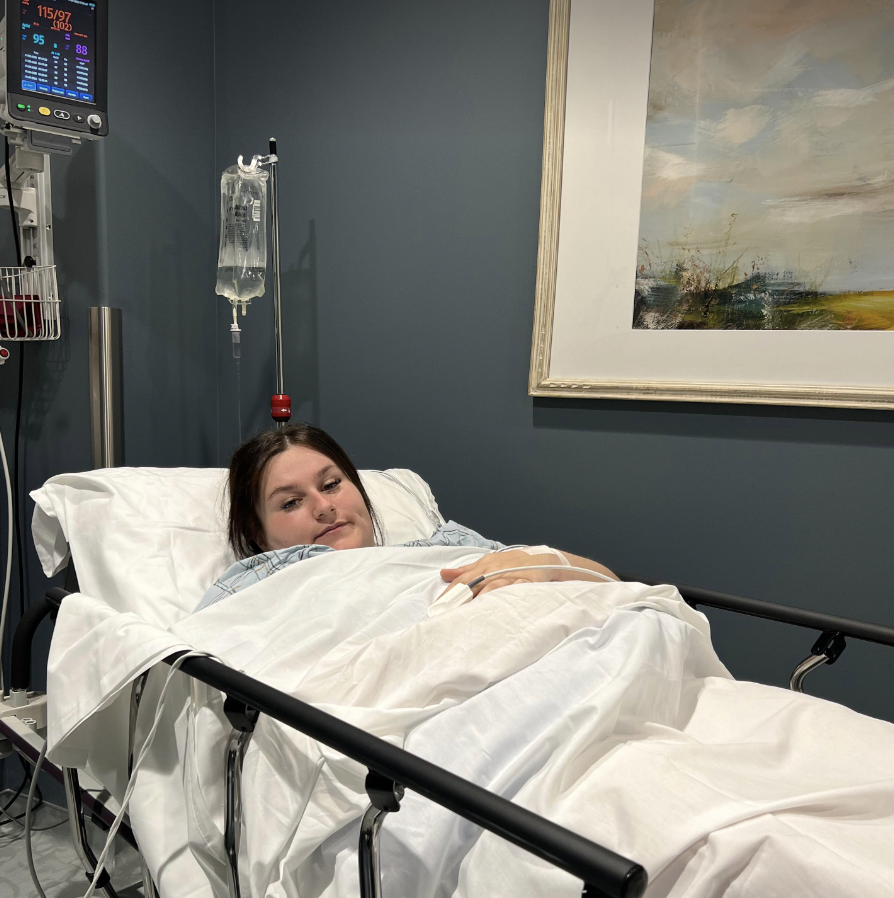Brazil, Costa Rica, China, France, Guatemala and Cuba are places the Weber State University Language Department is taking students to study abroad this upcoming year. Many WSU departments offer study abroad opportunities, but the language department is the only one that requires students to study abroad.
“For us, it is just that, studying in a foreign culture,” said Craig Bergeson of the foreign language department. “For some people, it is just a trip. For us there is always an academic component. So sometimes they are actually in a classroom for three or four hours a day. Then there are excursions and getting to know the culture. Most of our trips have the students stay with the families, so they can practice the language.”
Every trip will have its own unique culture and customs. Brazil offers three weeks study at the Universidade Federal da Paraiba, where students stay with locals and learn firsthand about the culture. In China, students will stay with local families to enhance the learning of customs and the practice of the language. France provides the chance to see Paris with sights such as the Louvre Museum, the Eiffel Tower and Notre Dame. The studies will be taken at the University of La Rochelle for two weeks, also giving the chance to live with local families.
Cuba is new to the department and a rare opportunity. The trip offers the culture of Cuba that most Americans are not aware of. Costa Rica offers studies of the language in the classroom, with the local families and in the streets. The housing is also with the local families.
The Guatemala trip is a micro-credit trip; this trip is when students travel to third-world countries and teach the native women business and micro-financing concepts.
“We go there and we help very poor Mayan women start small businesses,” said Alicia Giralt, director of some of the trips. “The Guatemala program is really cool, because we have the humanitarian aspect, but we also go to the jungle and hike volcanoes. We do a major zip-line one mountain to another mountain.”
The students who participate in this study must have a good understanding of the language, with at least four semesters of study. Students get the chance to experience excursions to culturally and ecologically rich sites such as museums, archaeological sites and nature reserves around Lake Atitlan and Rio Dulce. Students receive six credit hours and experience the cultures firsthand.
“(Students) never come back the same,” Giralt said. “That is what is so fascinating about traveling; you never come back the same. Like me — when I come back, I am never the same. You always learn things you never knew, and meet people that become your friends forever. In the country you try foods, you get to the country and you say, ‘Well, I didn’t know this.’”
Each trip is designated a director from the language department. Their job is to organize and arrange the activities, excursions, field trips, academic content and cultural events.
“This year I am doing Guatemala and Cuba,” Giralt said. “When you are the director, you decide the trip, where you are going to go, where you going to stay, then you decide the course content, because it has to be academic, just like a regular class — what is going to be studied, why you want to go to that place.”
Most trips cost anywhere from $1,500 to $3,000. The cost includes housing, most meals, excursions, local transportation, and faculty and class fees. The department leaves the airfare to the students.
“Many students have buddy passes or frequent-flier miles, so many trips I send my students my ticket information and they have to be at the airport within a reasonable time,” Giralt said. “Some students like to go a little earlier and explore.”
Trips normally last three to four weeks when studying abroad.
“A month isn’t enough to learn a language,” Bergeson said. “It is probably best to take a year of the language before going. So you have a little foundation in the grammar. Take a year or two here, then go study abroad.”
The language department also provides an exchange program for students, which would last a whole semester. This program you live in the country and take college level classes in either the language you are learning or classes in your major.
“I love all them,” said Giralt on the program. “I am addicted to traveling. I love everywhere.”




















